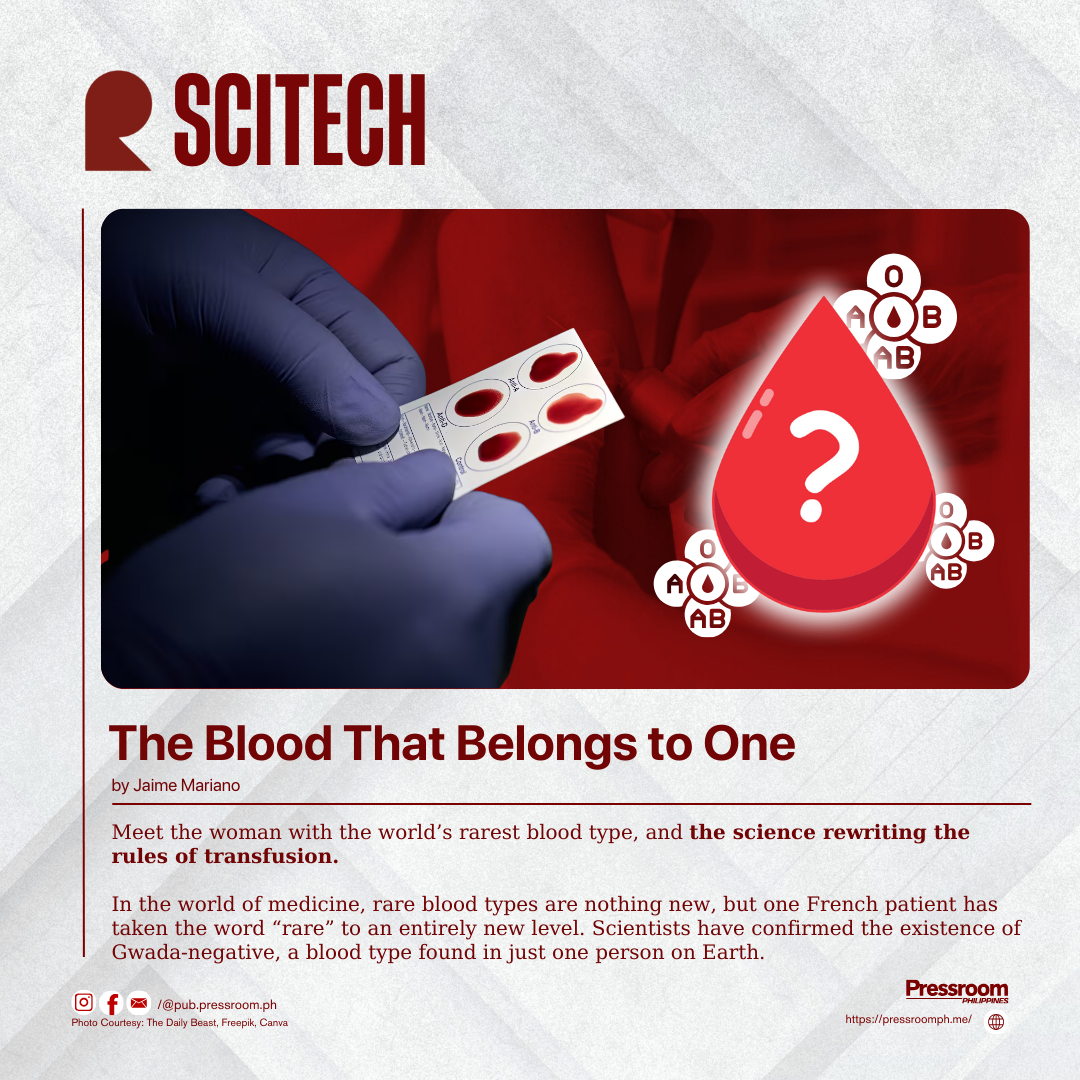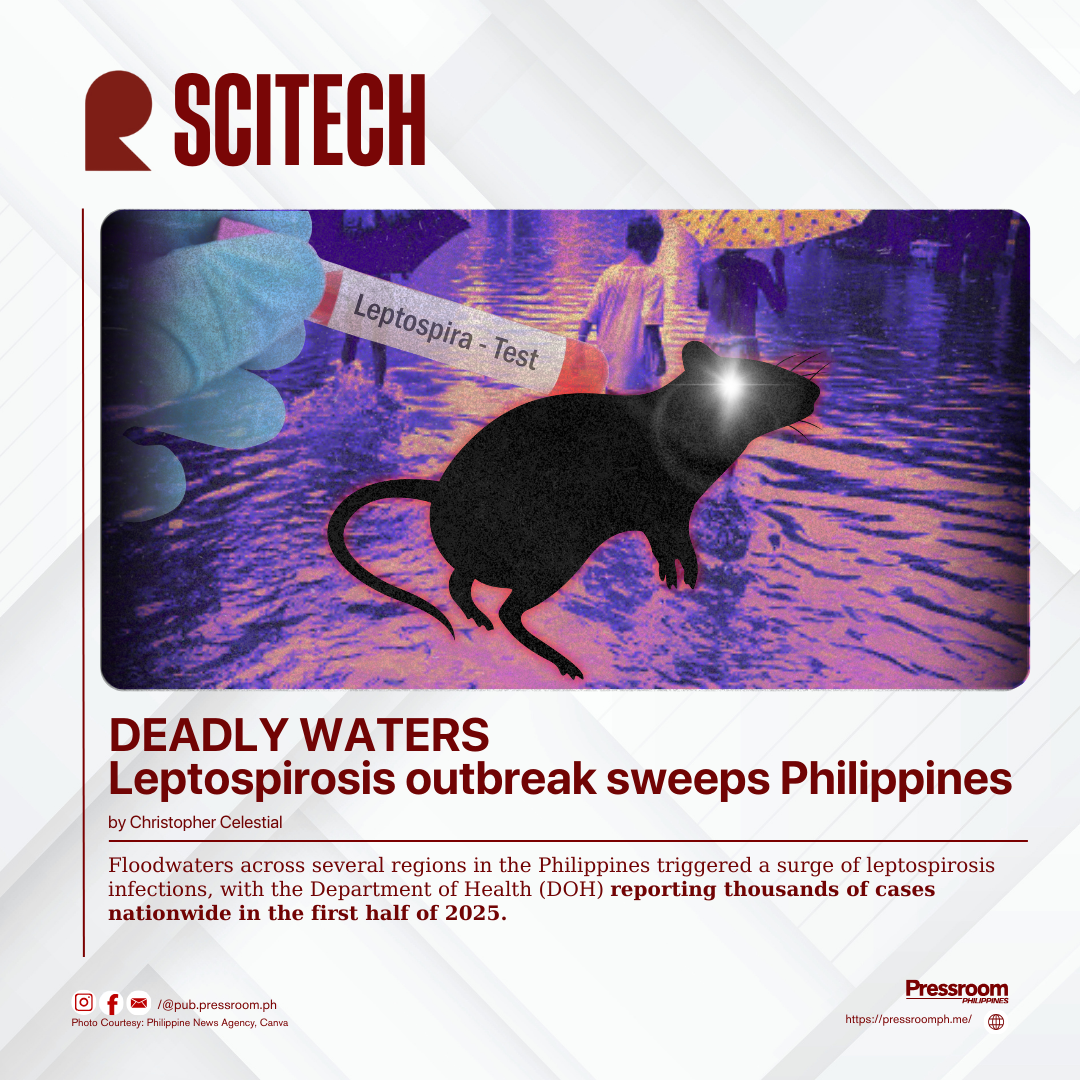Meet the woman with the world’s rarest blood type, and the science rewriting the rules of transfusion.
In the world of medicine, rare blood types are nothing new, but one French patient has taken the word “rare” to an entirely new level. Scientists have confirmed the existence of Gwada-negative, a blood type found in just one person on Earth.
The discovery, officially recognized in June 2025 by the International Society of Blood Transfusion (ISBT), marks the addition of the 48th known human blood group system. For the patient, a woman originally from Guadeloupe, it’s a medical first and a life-defining reality.
Her blood is so unique that she is the only compatible donor for herself. No hospital blood bank, no emergency reserve, and no global registry holds a spare unit of Gwada-negative. For transfusion medicine, this case isn’t just a curiosity; it’s a lesson in the limits of our current science.
The story began more than a decade ago, during a routine pre-surgery blood screening. What should have been a straightforward lab test turned into a mystery that would take years, cutting-edge genetics, and international collaboration to solve.
A Needle in a Vein-stack
The first clue appeared in 2011, when lab technicians detected an antibody they couldn’t match to any known blood type. At first, doctors suspected a rare variant, but repeated testing failed to find any match in existing records.
By 2019, researchers used high-throughput DNA sequencing to dig deeper. They discovered a never-before-seen mutation in the PIGZ gene, which alters how certain molecules known as GPI anchors attach to red blood cells. This structural difference is what makes her incompatible with every other person’s blood.
The medical implications are profound. If she were to require an urgent transfusion, the only safe source would be blood she had stored from herself in advance; a logistical and medical challenge few patients face.
Party of One, Please
The name “Gwada-negative” honors her Caribbean origins and gives the discovery a memorable public identity. Officially, scientists refer to it as ERYR or EMM-negative, but the Gwada name stuck in both scientific circles and news headlines.
Beyond naming, the recognition by the ISBT cements her place in medical history. Blood groups are rare enough when they occur in less than 1% of the population, but Gwada-negative is in a category of its own: 1 in 8 billion.
The patient’s medical history adds another layer of complexity. She has experienced mild intellectual disability and two stillbirths, conditions scientists believe may be linked to her PIGZ mutation. These findings hint that the rare blood type may be part of a broader genetic syndrome.
Future-Proofing the Blood Bank
For transfusion medicine, Gwada-negative underscores a dangerous gap: there may be other ultra-rare types out there, undetected simply because they’ve never been tested in the right way.
Scientists are now pushing for broader genomic screening, particularly in underrepresented populations, to uncover rare variants before they pose life-threatening challenges. Technologies like lab-grown stem-cell blood and CRISPR-based “universal donor” cells are being explored as solutions for patients with no compatible donors.
The case also shows how global collaboration in science can rewrite medical rules. Gwada-negative is more than a scientific footnote; it’s a living reminder that the human body still carries mysteries, and that our medical systems must evolve to meet them.






